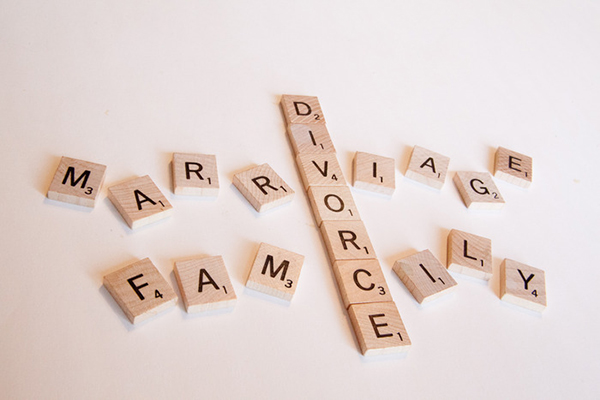How to Get a Divorce

If you’re having unfortunate issues with your partner and are thinking about divorce, we’ve written this quick guide to help you understand the process and what it entails.
What is a divorce?
Divorce is the final termination and dissolution of a marriage. It cancels all legal marital duties and responsibilities between a couple. A divorce may be a mutual agreement or the decision of one person of the couple, depending on the circumstances or reasons for wanting a divorce. The process is different in either case.
When can you apply for a divorce?
In the UK, you need to have been married for at least one year before you can apply for a divorce. If you live in Northern Ireland, the requirement is two years.
Applying for a divorce
The person who wants the divorce (also called the petitioner) must seek what’s known as a “divorce petition” from a court. For the courts to issue a petition, the petitioner will have to prove that their marriage has broken down beyond repair. This is also called an “irretrievable breakdown”.
Grounds for divorce
In most cases, a court will issue a divorce petition if you can prove that one or more of the following grounds for divorce is true:
- your partner has had a sexual relationship with someone else (commonly known as adultery)
- your husband or wife is behaving unreasonably unreasonable and as such they are now impossible to live with
- if your husband or wife has left home against your wishes and with no good reason for a period of at least two years
- if you and your husband or wife have been living apart for at least two years (this only applies if you have both agreed to the divorce)
- or, if there is no agreement to the divorce, you have been living apart for five years
What if one person doesn’t agree to the divorce?
If one person in the marriage does not agree to the divorce, this is called a “defended divorce”. The person who doesn’t agree will have to fill in a special form called an “answer” and issue it to the court. In the answer they have to state why they don’t agree that the marriage has broken down, or why the grounds for divorce are inaccurate.
What if you both agree to the divorce?
If both people in the marriage agree to the divorce, this is called an “undefended divorce”. The court will look at the petition and grant an order called a “decree nisi”. In this case, no court hearing is needed. After six weeks, the person who initially applied for the divorce can reapply to the court for a “decree absolute”. This finalises the divorce and the marriage is therefore dissolved.
Don’t forget that you may need to inform certain entities that you have divorced:
- any mortgage lenders
- water, gas, electricity or telephone companies
- your tax office, particularly if you’re getting tax credits
- schools, if you have children and they will be moving
- your bank or any other financial institution if you have a joint account. It may be advisable for you to freeze the account to prevent your partner withdrawing some or all of the money
- credit companies
- insurance companies, particularly if you have joint policies such as house insurance
- your benefits office if you’re getting a welfare benefit such as income-based Jobseeker’s Allowance, income-related Employment and Support Allowance, Pension Credit or Income Support
- HM Revenue and Customs, if you’re getting tax credits
- your local council if you pay council tax or you get Housing Benefit or Council Tax Reduction
Children and divorce
If you and your husband or wife have children, the court also needs to be satisfied that you have made satisfactory arrangements for them after the divorce. Find out more information about arrangements for children directly affected by divorce or read more about We Talk Law’s child custody advice service.
If you need help with divorce, just call We Talk Law on 0203 002 4898 and we will arrange for one of our expert divorce lawyers to call you. You can also email us at advice@wetalklaw.co.uk
